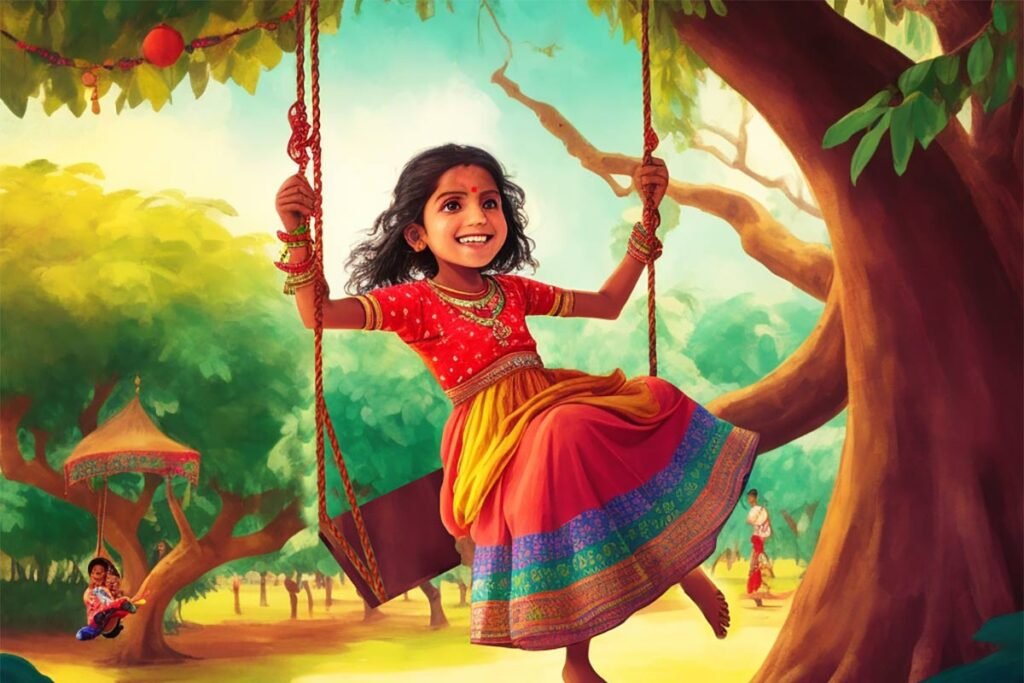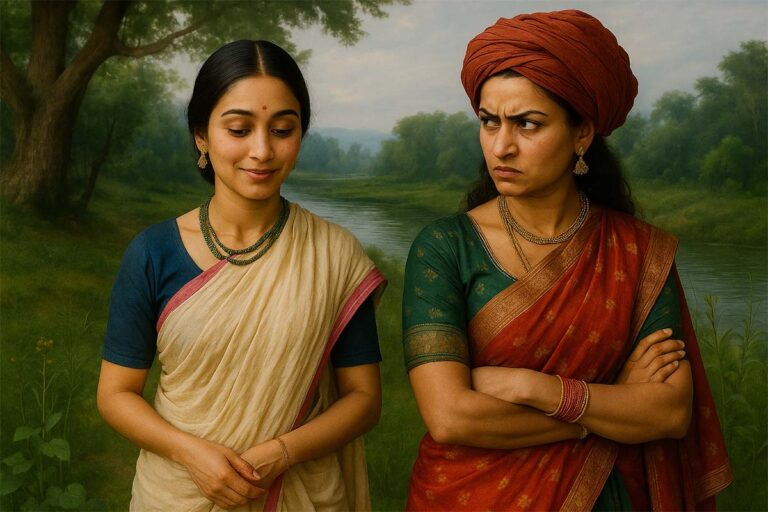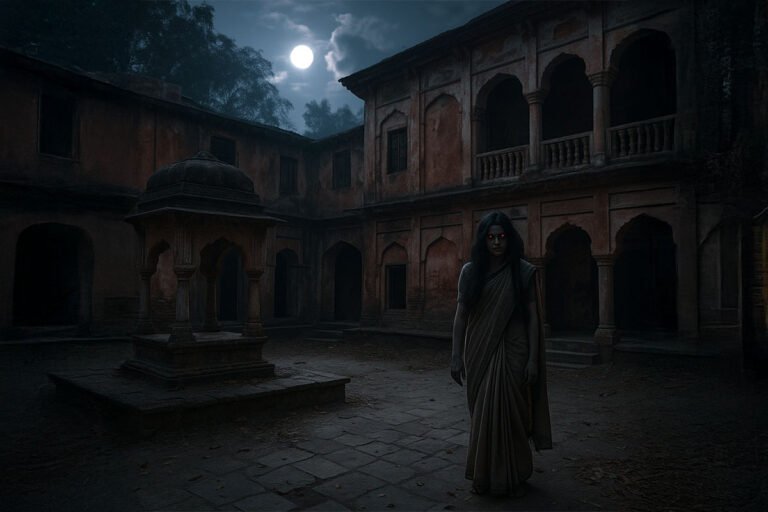Once upon a time, in the lush, verdant state of Odisha, there lived a compassionate and wise king named Birendra. His kingdom was known far and wide for its fertile lands and abundant harvests. The king attributed all this prosperity to the benevolent Mother Earth and revered her deeply.
However, one year, the long-awaited monsoons delayed, and the previously fertile lands turned parched and barren. Worried for his people’s future, King Birendra consulted the royal astrologer, who revealed that Mother Earth was upset as she felt overworked and unappreciated.
Desperate to rectify this, the king decided to honor Mother Earth with a grand celebration. He declared a three-day festival when all work would cease to give Mother Earth a rest. This festival was named the Raja Parba, signifying the menstruation period of Mother Earth, a time for her to rest, rejuvenate, and prepare for future bounties.
The women and girls of the kingdom, who were seen as embodiments of Mother Earth, were particularly honored during these three days. The king decreed that they would take a break from their daily chores and engage in various festivities. Swings were hung from trees, beautifully adorned with flowers. The women dressed in their finest, swaying on the swings and singing songs of joy, thereby emulating the spirit of Mother Earth herself. The king encouraged everyone to bake and share Poda Pitha, a special type of cake, a symbol of the sweet fruits that the earth bore when treated with care and respect.
As the festivities began, the king noticed a young woman named Sudha, who still went about her daily chores. The king, in disguise, approached her and asked why she did not partake in the celebrations.
“I have much work to do, my lord,” Sudha replied, “just like Mother Earth never rests, so must I continue my work.”
Touched by her words, the king gently reminded her, “Dear Sudha, even Mother Earth needs her period of rest to rejuvenate and regain her fertility. We honor her by respecting this time and embracing rest and celebration ourselves.”
Understanding dawned upon Sudha, and she left her chores to join the festivities. The women sang, danced, and rejoiced, the air filled with the scent of Poda Pitha, and the sounds of their laughter echoed through the kingdom.
As the three-day celebration drew to a close, the heavens opened, and the long-awaited monsoon arrived, drenching the parched earth. The joyous cries of the people resonated through the kingdom as they witnessed this spectacle. It was as if Mother Earth, pleased with the respect and the honor she had received, had decided to bless them once more with her bountiful fertility.
From that day forth, the people of Odisha continued to celebrate the Raja Parba with great fervor. It served as a beautiful reminder of the importance of balance, respect for nature, and the celebration of womanhood.
And thus, this fictional folktale, although not an authentic tale passed down through generations, encapsulates the spirit and practices that make the Raja Festival a unique celebration of nature and womanhood in Odisha.








